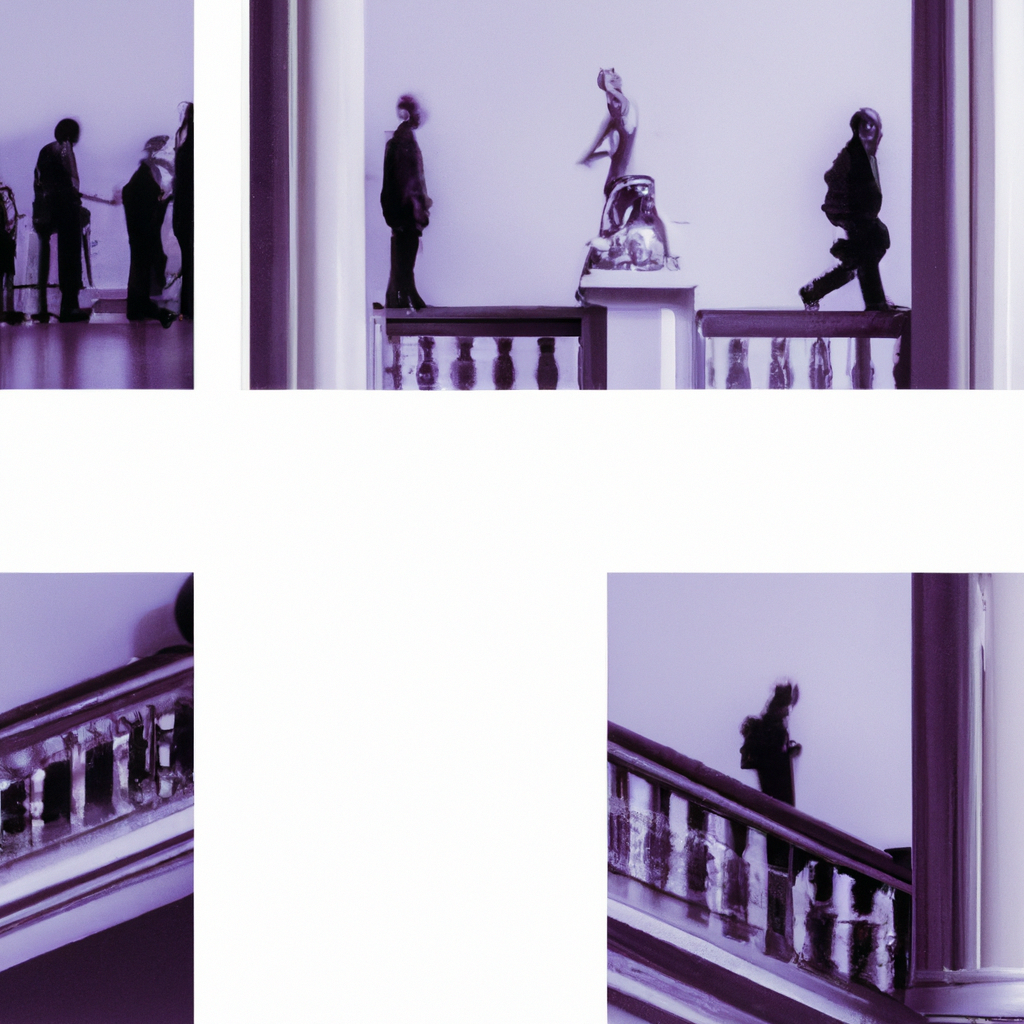British Museum Seeks 'Real, Pragmatic Solutions' in Parthenon Marbles Discourse
In the wake of a pivotal UNESCO conference, the venerable British Museum has articulated a desire to forge 'realistic solutions' regarding the longstanding debate over the restitution of the Parthenon Marbles. This storied institution, a beacon of culture and history, is now advocating for a 'new relationship with Greece,' hinting at a possible shift in the narrative that has embroiled these nations for decades.
The Parthenon Marbles, also known as the Elgin Marbles, have been subjects of controversy and cultural discourse since their acquisition in the early 19th century by Lord Elgin. Stripped from the Parthenon temple on the Acropolis in Athens, these exquisite sculptures have sat in the British Museum since 1816, stirring discussions about cultural heritage, colonial acquisition practices, and international diplomacy.
In recent years, debates around cultural restitution have grown more prominent, with nations seeking the return of culturally and historically significant artifacts taken during periods of imperial dominance. The call from the British Museum post-UNESCO conference underscores a broader movement towards ethical considerations and international cooperation in the stewardship of cultural heritage.
The museum's call for 'realistic solutions' suggests a nuanced, collaborative approach to addressing the complexities of cultural restitution. This perspective invites a rethinking of relationships between nations and their cultural legacies, proposing a future where mutual respect and understanding prevail over contentious past practices.
While specific details of what these realistic solutions might entail remain undeveloped, the dialogue represents a significant cornerstone in the potential repatriation or shared custodianship of the Marbles. The museum’s recent overtures to Greece could pave the way for unprecedented collaborations, serving as a model for how institutions holding contested artifacts might engage with claimant nations.
The idea of a ‘new relationship’ with Greece not only encompasses the Marbles themselves but also symbolizes a potential redefinition of cultural relationships in the 21st century. Such collaborations could extend beyond mere physical restitution, encompassing joint exhibitions, scholarly exchanges, and permanent loans that honor both the artifacts' cultural origins and their world heritage status.
As discussions advance, the art world and international communities watch keenly, recognizing that the outcomes could reshape the landscape of cultural diplomacy. The British Museum's pursuit of realistic and respectful solutions could indeed mark the beginning of a new era in how nations interact with their shared, yet disputed, legacies.
In embracing this complex but crucial discourse, the British Museum not only addresses the immediate controversy surrounding the Parthenon Marbles but also sets a precedent for how global institutions might navigate the sensitive terrain of cultural patrimony in an increasingly interconnected world.

